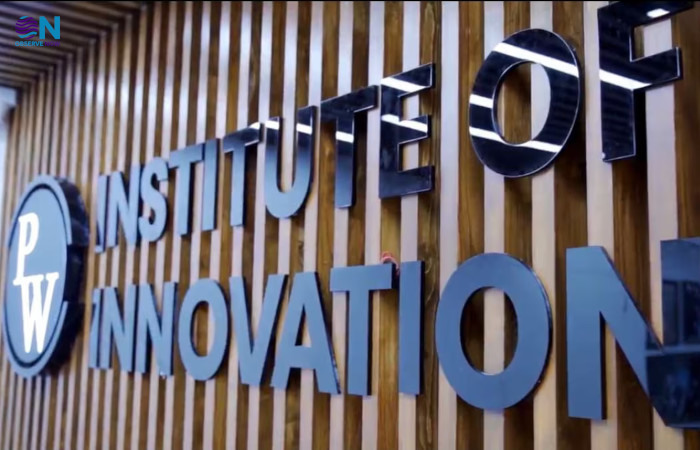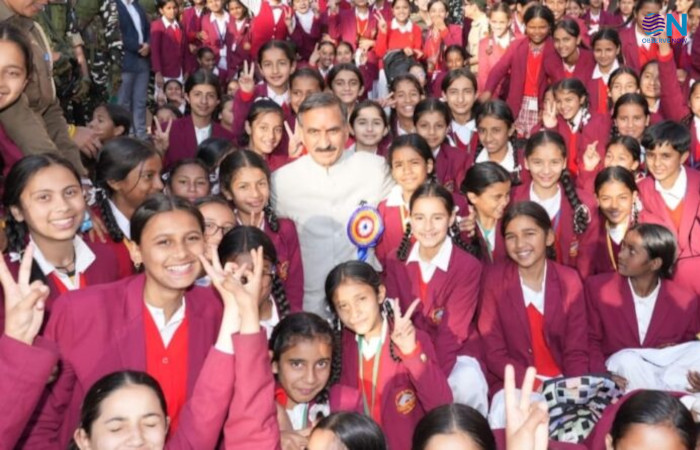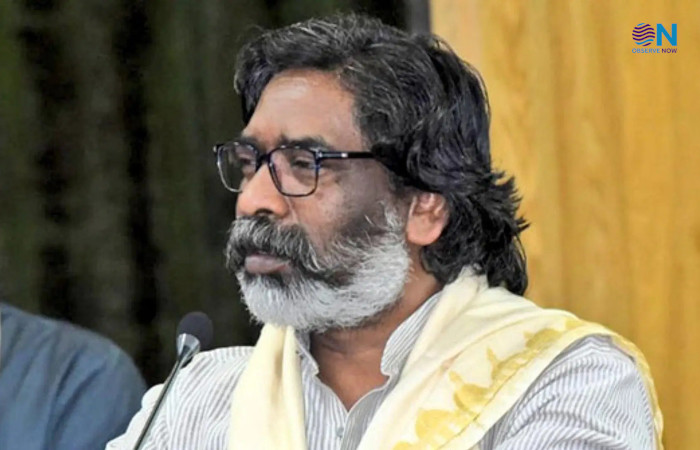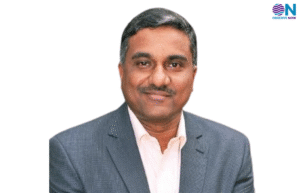ObserveNow is gearing up for the highly anticipated 9th Edition of the Education Leaders Conclave & Awards, presented by Casio and co-powered by LEO1. The event, themed “Empowering Future Minds: Innovation in Higher Education,” is set to take place on the 21st of February 2025 in Delhi. This conclave promises to be a landmark gathering for the most influential education leaders, policymakers, and visionaries in Northern India, fostering critical discussions on the future of higher education.
With a strong focus on advancements, transformative methodologies, and innovative technologies, the conclave aims to redefine how teaching, learning, and knowledge engagement are approached in the region. The event is expected to witness the participation of over 60 esteemed speakers, 10+ government leaders, 30+ partners, and 250+ delegates, while also celebrating excellence with 50+ award categories.
The conclave boasts a stellar lineup of partners, with Casio as the Presenting Partner and LEO1 as the Co-powered Partner. Other key partners include Wadhwani Foundation as the Knowledge Partner, Adobe as the Digital Creativity Partner, Canon as the Printing & Digitization Partner, and PW Skills as the Skilling Partner. Additionally, Dassault Systèmes serves as the Technology Partner, Coursera for Campus as the Associate Partner, and various other renowned organizations such as Cantilever Labs, Epson, Linux World, Upgrad, Flashaid, SPECTRA, University of Technology Jaipur, Chandigarh Group of Colleges, Badruka School of Management, Codetantra, Consortium Gifts, Shankar IAS Academy, and UEM as supporting partner and Pleasin Strides as CSR Partners.
The event will commence with an inaugural session on “Digital Transformation in Higher Education: Opportunities and Challenges.” This session will be attended by key figures such as Taniya Tikoo, Co-founder & Editor-in-Chief of ObserveNow Media; Prof. Prem Vrat, Pro-Chancellor of The Northcap University, Gurugram; and Yatin Khurana, AGM of Casio India.
The first panel discussion of the day will focus on “Evaluating the Impact of Technology Integration in Teaching and Learning.” It will feature an esteemed lineup of speakers, including Maj. Gen. BD Wadhwa, Pro-Chancellor of IILM University, Gr. Noida; Prof. Prem Vrat, Pro-Chancellor of The Northcap University, Gurugram; Prof. (Dr.) Vikas Singh, Founding Vice Chancellor of Geeta University, Haryana; Prof. (Dr.) Parsanjeet Kumar, Vice Chancellor of SDGI Global University, Ghaziabad; Prof. Raghuvir Singh, Vice Chancellor of K.R. Mangalam University, Haryana; Dr. Deependra Kumar Jha, Vice Chancellor of Manav Rachna University, Haryana; Mr. Manu Bhaskar Gaur, CEO of Jaypee Institute of Information Technology, Noida; Dr. Sanjeev Kumar Sharma, Pro Vice Chancellor of Sushant University, Haryana; Dr. Jones Matthew, Principal & Head of Institution at Great Lakes Institute; and Mr. Manik Kathuria, Enterprise Account Director at Coursera.
Following this, Dr. Chandrasekhar Buddha, CEO of Anuvadini AI and COO of AICTE, Ministry of Education, Government of India, will deliver a keynote address, shedding light on crucial insights into AI’s role in education and governance.
The second panel discussion, titled “Digital Future of Sustainable Finance in Higher Education – Education Credits,” will be moderated by Debi Prasad Baral, Co-Founder & CTO of LEO1. The distinguished panelists for this discussion include Prof. (Dr.) Vikas Misra, Vice Chancellor of Shri Ramswaroop Memorial University, Lucknow; Prof. (Dr.) Ajay Singh Rathore, Vice Chancellor of Shyam University, Jaipur; Prof. (Dr.) Krishna Kant Dave, Vice Chancellor of Shri Venkateshwara University; Dr. Pardeep Kumar, Pro Vice Chancellor of Manav Rachna International Institute of Research and Studies, Haryana; Prof. (Dr.) Jaskiran Kaur, Pro Vice Chancellor of NIMS University, Rajasthan; Prof. Parma Nand, Pro Vice Chancellor of Sharda University, Uttar Pradesh; Prof. (Dr.) Vaibhav Shrivastava, Pro Vice Chancellor of IIMT University, Uttar Pradesh; and Mr. Senthil Kumar, Chief Operating Officer of Bennett University.
The third panel of the day will explore “Enhancing Industry-Academia Collaboration in Higher Education,” featuring prominent voices such as Dr. Jaywant V. Shelar, Vice Chancellor of ITM Skills University; Dr. Pramod Kumar Sharma, Vice Chancellor of Sanskaram University; Dr. Sandeep Chatterjee, Pro Vice Chancellor (Strategic Development) of IILM University, Gr. Noida; Prof. (Dr.) Chinnaiyan Ramasubramanian, Pro Vice Chancellor of Lingaya’s Vidyapeeth; Mr. Syed Adnan Akhtar, Executive Director of the Directorate of International Affairs & Integral Business School, Integral University; Prof. (Dr.) Vikas Dhawan, Director General of IMS Noida; Prof. Pankaj Priya, Deputy Director of BIMTECH; Dr. Prabhu Aggarwal, Dean of Badruka School of Management; Santhosh Karnananda, CEO of India – Commonwealth Higher Education Council; and Mr. Dayakar S Murthy, Director of Strategic Partnerships at Wadhwani Foundation.
The final panel discussion of the day will revolve around “The Impact of Artificial Intelligence in Higher Education.” Panelists will include Dr. Bhanu Pratap Singh, Vice Chancellor of Maharishi University of Information Technology, Lucknow; Ankit Gandhi, Pro Vice Chancellor of University of Technology, Jaipur; Prof. (Dr.) Rajender Singh Chhillar, Pro Vice Chancellor of OM Sterling Global University, Hisar, Haryana; Prof. (Dr.) John Finbe, Pro Vice Chancellor of Glocal University; Prof. (Dr.) Ajay Rana, Director General of Amity University; Prof. Amita Dev, Director General of VSET & VSIT, Vivekananda Institute of Professional Studies; Prof. Partha Chatterjee, Dean Academics at Shiv Nadar University; Dr. Mukesh Yadav, Associate Dean Academics and Foreign Relations at UEM University, Jaipur – IEM – UEM Group; Gaurav Bhagat, Founder of Gaurav Bhagat Academy and Founder & MD of Consortium Gifts; and Manoj Gupta, Founder & CEO of Flashaid.
The conclave will conclude with a prestigious awards ceremony, recognizing and honoring outstanding educational institutions and leaders who are driving impactful change in the higher education landscape. With such a remarkable lineup of discussions, thought leadership, and industry collaborations, the 9th Edition of the Education Leaders Conclave & Awards is set to be a defining moment for the future of education in India.























